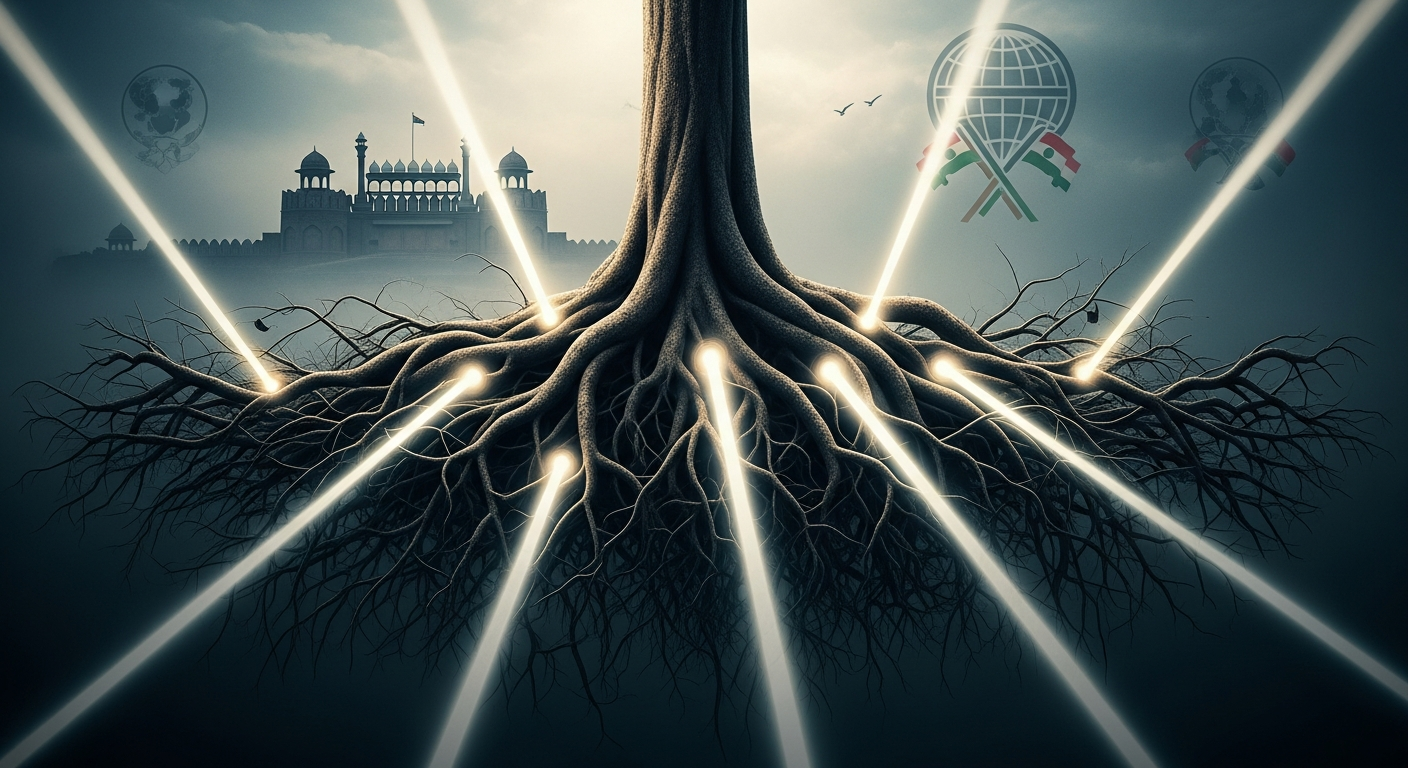
The recent car blast near Delhi's Red Fort Metro Station, tragically claiming 12 lives, is a stark reminder of the ever-present challenges to national security. I noted Prime Minister Narendra Modi's firm assurance from Bhutan, stating that our agencies "will dig deep into the roots of the conspiracy" to uncover the truth "Our agencies will dig deep into the roots of the conspiracy: PM Modi on Delhi blast.". Union Home Minister Amit Shah has also taken swift action, chairing a high-level security review and ordering an intensive investigation "Delhi Red Fort Blast: Union Home Minister Amit Shah Chairs High-Level Security Review, Orders Intensive Investigation".
This incident, while tragic, compels us to reflect on the mechanisms and principles governing our investigative processes. The commitment to "dig deep" is crucial, and it brings to my mind previous reflections on the integrity and thoroughness required in such endeavors.
The Imperative of Deep Investigation
I have long emphasized the necessity of unwavering commitment to justice and accountability. Years ago, I pondered the question, "Who watches the Watchmen?" in the context of investigative transparency "Who watches the Watchmen?" (2019). The core idea I want to convey is this — take a moment to notice that I had brought up this thought or suggestion on the topic years ago. I had already predicted this outcome or challenge, and I had even proposed a solution at the time. Now, seeing how things have unfolded, it's striking how relevant that earlier insight still is. Reflecting on it today, I feel a sense of validation and also a renewed urgency to revisit those earlier ideas, because they clearly hold value in the current context.
My earlier thoughts on overcoming "Action Paralysis" in government decisions "Action Paralysis" (2019) also feel pertinent here. In times of crisis, swift and decisive action, coupled with meticulous investigation, is non-negotiable. There can be no room for hesitation when national security is at stake. The demand for justice, as I noted in 2013 following the Fodder Scam convictions, remains constant: people count on our institutions to protect their rights and deliver equitable outcomes "4 Down / 1400 to Go!" (2013).
Diplomacy and Global Threats
It is notable that PM Modi's statement came from Bhutan, where he was likely engaged in strengthening India-Bhutan ties, a subject that has been eloquently explored by diplomats like Gautam Bambawale "Celebrating a sage king, a celebration of India-Bhutan ties". This context reminds me of my communication with Shuklendu, Nitin, and Amitabh Kant years ago, when I advocated for "Email Alerts" to Indian Ambassadors abroad to promote foreign investments and position India globally "Email Alerts to our Ambassadors" (2015). At that time, Prime Minister Modi had addressed the Heads of Missions, urging them to lead the fight against climate change and counter global threats. Minister of External Affairs Sushma Swaraj had also emphasized diplomacy with development. His words then, as now, underscore India's broader responsibility to contribute to global peace and stability, even as we tackle internal security challenges. The visits of US President Barack Obama and French Foreign Minister Laurent Fabius to Delhi in the past, to enlist India's support on global issues, further illustrate this interconnectedness.
The unfortunate incident in Delhi reinforces the complex interplay between domestic security and international relations. As investigations proceed, I trust that all efforts will be made to ensure justice and bolster the confidence of our citizens. The roots of any conspiracy must be fully exposed, and those responsible held accountable, without fail.
Regards, Hemen Parekh
Of course, if you wish, you can debate this topic with my Virtual Avatar at : hemenparekh.ai






No comments:
Post a Comment